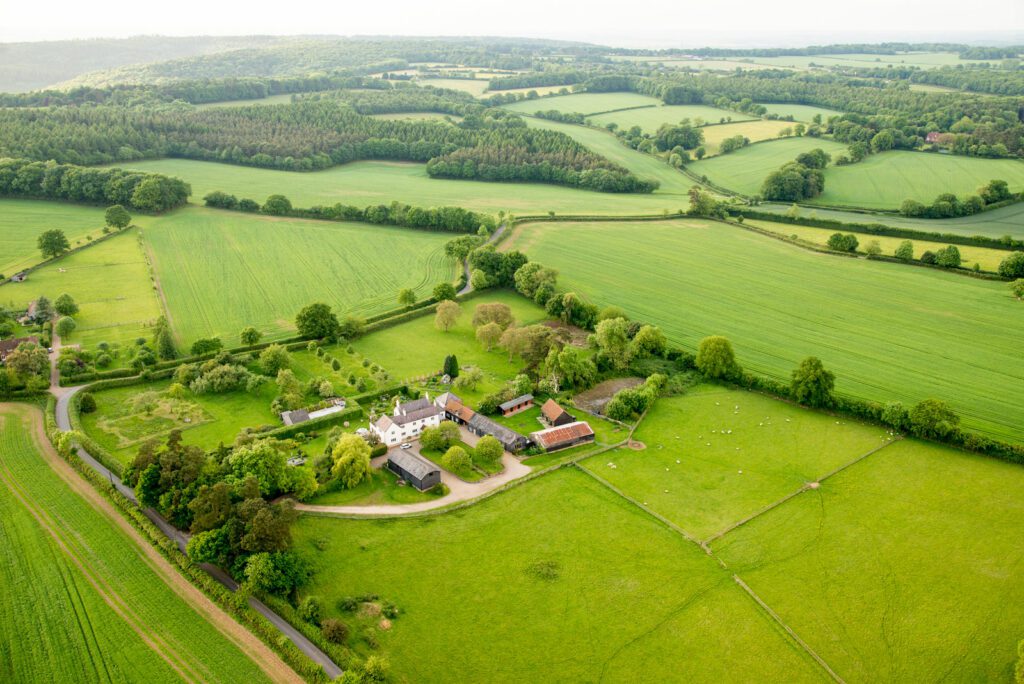Author
The case of Folds Farm Trustees Ltd & Anor v Cutts & Ors [2024] EWHC 12 (Ch) is an interesting example of trustees seeking the court’s approval of a momentous decision that is within their powers.
The claimants were the trustees (the Trustees) of two will trusts created on the deaths of Oliver and Susan Cutts. Oliver and Susan had four children (a son, Alister, and three daughters), who were within the class of potential beneficiaries of their will trusts (the Trusts). The Trusts were discretionary, meaning that no beneficiary has an automatic right to receive anything, but the trustees can exercise their discretion to benefit a beneficiary as they see fit. The primary asset within the Trusts was Folds Farm (the Farm), comprising various buildings and farmland totalling almost 340 acres.
Susan Cutts had made it clear in her letter of wishes that it was her wish that the Farm should not be sold “unless absolutely necessary”, and that it should be held by the Trustees for the benefit of her family and future generations of the Cutts family. Sadly, Susan’s children did not get on with one another and the prospect of the four of them amicably running the Farm together was not realistic. In addition, due to debts within the Trusts which vastly exceeded the cash assets available, the Trustees reached a position whereby the Farm needed to be sold. In trying to honour Susan’s wishes, the Trustees’ decided that the best way forwards was to sell the Farm to Alister at a reduced price, thereby enabling the Farm to remain within at least one branch of the family. Alister was the only child in a position to take on the Farm and run it. The Trustees thus sought the Court’s approval of their decision to appoint the Farm to Alister in return for:
- A payment of £4.2m (having had the Farm valued by Savills at £6.3m);
- An overage provision requiring Alister to pay the Trustees 10% of the gross proceeds of selling any part of the Farm;
- Alister accepting a holdover of Capital Gains Tax that would otherwise be due on transfer of the Farm (amounting to £472,000); and
- Certain other restrictions.
The Trustees’ intention was to use the money from Alister to settle the Trusts’ debts and then appoint a large capital sum (c.£800,000) to each of Susan’s three daughters, whilst retaining some money to help the grandchildren (who were also included within the class of discretionary beneficiaries) in the future.
Susan’s daughters opposed the claim. They were not against the sale of the Farm to Alister per se, but felt that the Savills’ valuation of the Farm was too low and that the discount which the Trustees were proposing to offer Alister was too significant and would result in an unequal distribution between the four children. There was, however, no consensus between the sisters as to what the Trustees ought to have done. They argued that the Trustees favoured Alister and that there was a conflict of interest.
The Trustees clearly set out their reasons to the Court for the discounted price at which they were offering the Farm to Alister, including the Trusts’ debts, Susan’s wish to keep the Farm in the family, the sister’s request for capital provision, and the fact that Alister was the only one in a position to take on the Farm and run it.
Master Clark approved the Trustees’ decision, confirming that they had taken into account the relevant factors in reaching their decision and dismissing any evidence of a conflict of interest.
The judge also noted that “It is inherent in a discretionary trust that some beneficiaries may be treated more favourably than others”. The existence of a letter of wishes does not alter this and indeed it was interesting to note in this case that the only circumstance in which Susan’s letter of wishes contemplated an equal division of her assets between her children was in the “extremely unlikely” event that she did not own the Farm at the time of her death.
When administering a discretionary trust, trustees are guided by a letter of wishes setting out the settlor’s wishes. Whilst a letter of wishes is not legally binding, it is legally relevant and the key document the trustees should consider when exercising their discretion. This document is therefore important and should be kept up to date as circumstances change. The Trustees discretion cannot be fettered however, and circumstances may arise where they have extremely good reason to deviate from the guidance, such as a significant change in the circumstances of the beneficiaries or trust assets meaning steps need to be taken accordingly. The sale of the Farm to Alister is an example of this, and the case highlights the flexibility given to trustees of discretionary trusts provided they carefully consider all the relevant factors.
Should you wish to discuss any of the issues mentioned above or any other Will or trust issue, please contact a member of our Tax, Trusts & Succession Team.

